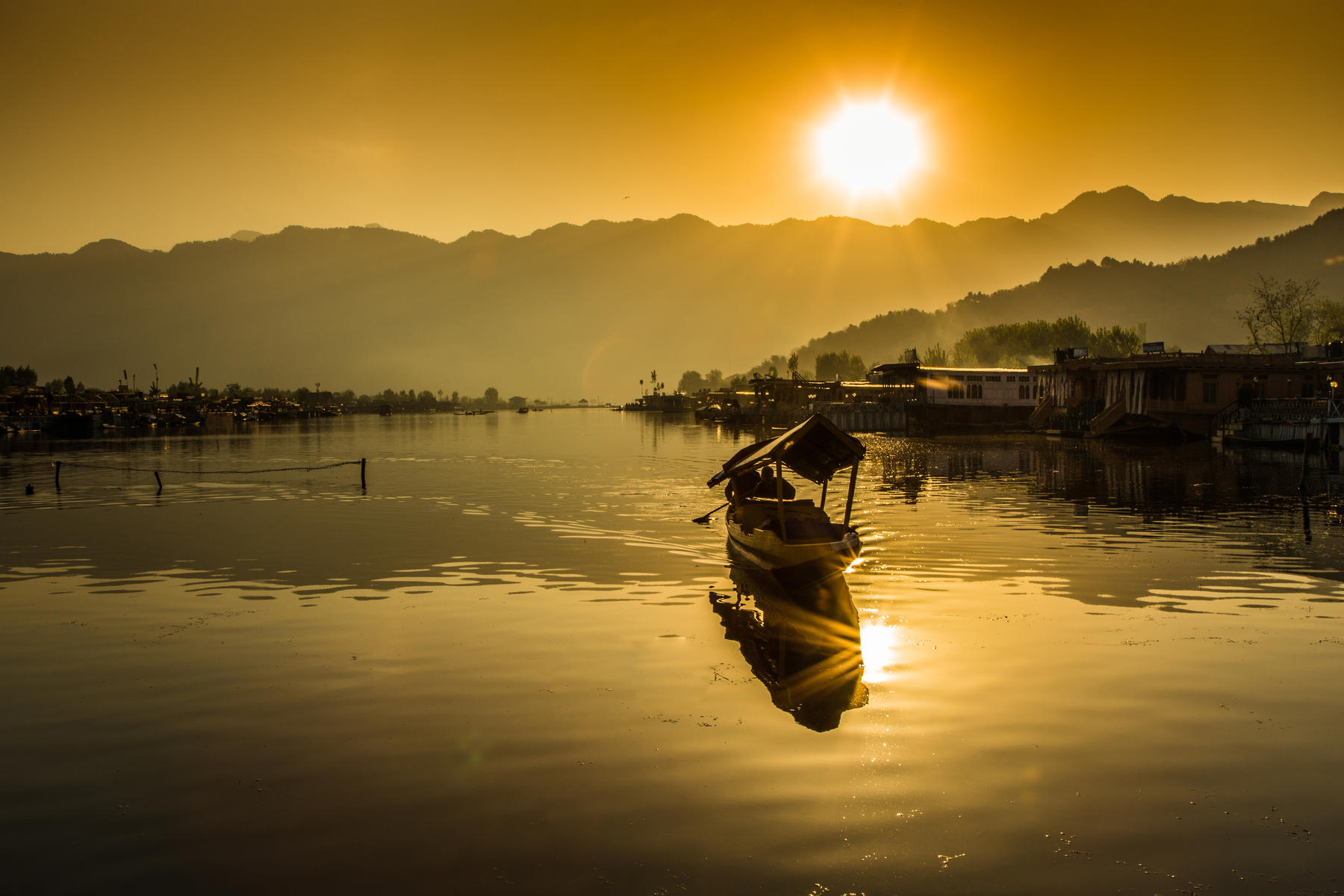Lecture delivered by Mr. Burzine Waghmar, EFSAS fellow and academic member, Centre for the Study of Pakistan & SOAS South Asia Institute (SSAI), July 19, 2017, House of Lords, UK Parliament, London.
As EFSAS fellow, Mr. Burzine Waghmar, pointed out in his lecture:
''[A]s the late Lawrence Ziring, the very first American to enter Columbia University’s Pakistan Studies programme in the early 50s, forewarned, ‘Islamisation … reified what the civil war of 1971 had unleashed earlier, that Pakistan’s soldiers were duty-bound to save their religion, even if in the process, it meant yielding Muslim soil.’ … On March 2, 1963, Zulfikar Ali Bhutto, Pakistan’s then foreign minister inked the Sino-Pakistan Frontier/Boundary Agreement whereby it gifted 2,050 square miles of the Trans-Karakoram (Shaksgam valley) Tract, historically part of the kingdom of Shigar, which was aligned with Ladakh. The entire area in question, some 3,822 miles, is now administered by China as part of the Kashgar prefecture of the Xinjiang Autonomous Region. That India disputed Pakistan’s handing over of disputed territory part of the Jammu and Kashmir composite realm was inevitable. It was deliberately done so by Pakistan when the agreement was announced just a fortnight before Indo-Pakistan round table talks on Kashmir in Calcutta that very month, March 1963. Nehru, by one estimate, put it at the ceding of some 13,000 sq km to China including those parts of Xinjiang, which historically were attached to Ladakh, Jammu and Kashmir. Nobody questions Pakistan about it when it goes about annually hosting Kashmir Solidarity Day annually on the 5th of February.''
Please watch the full lecture here or click on the video below

